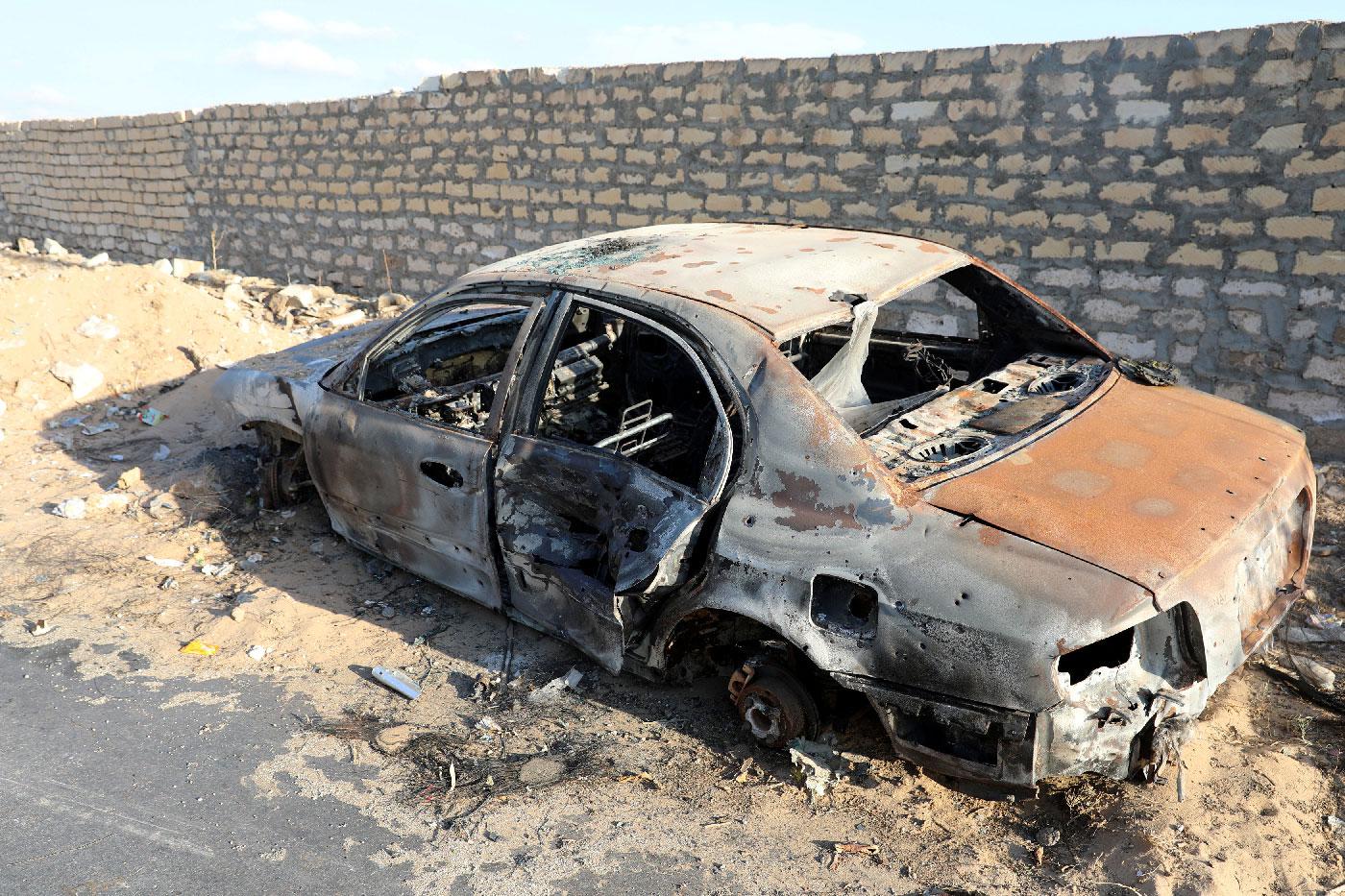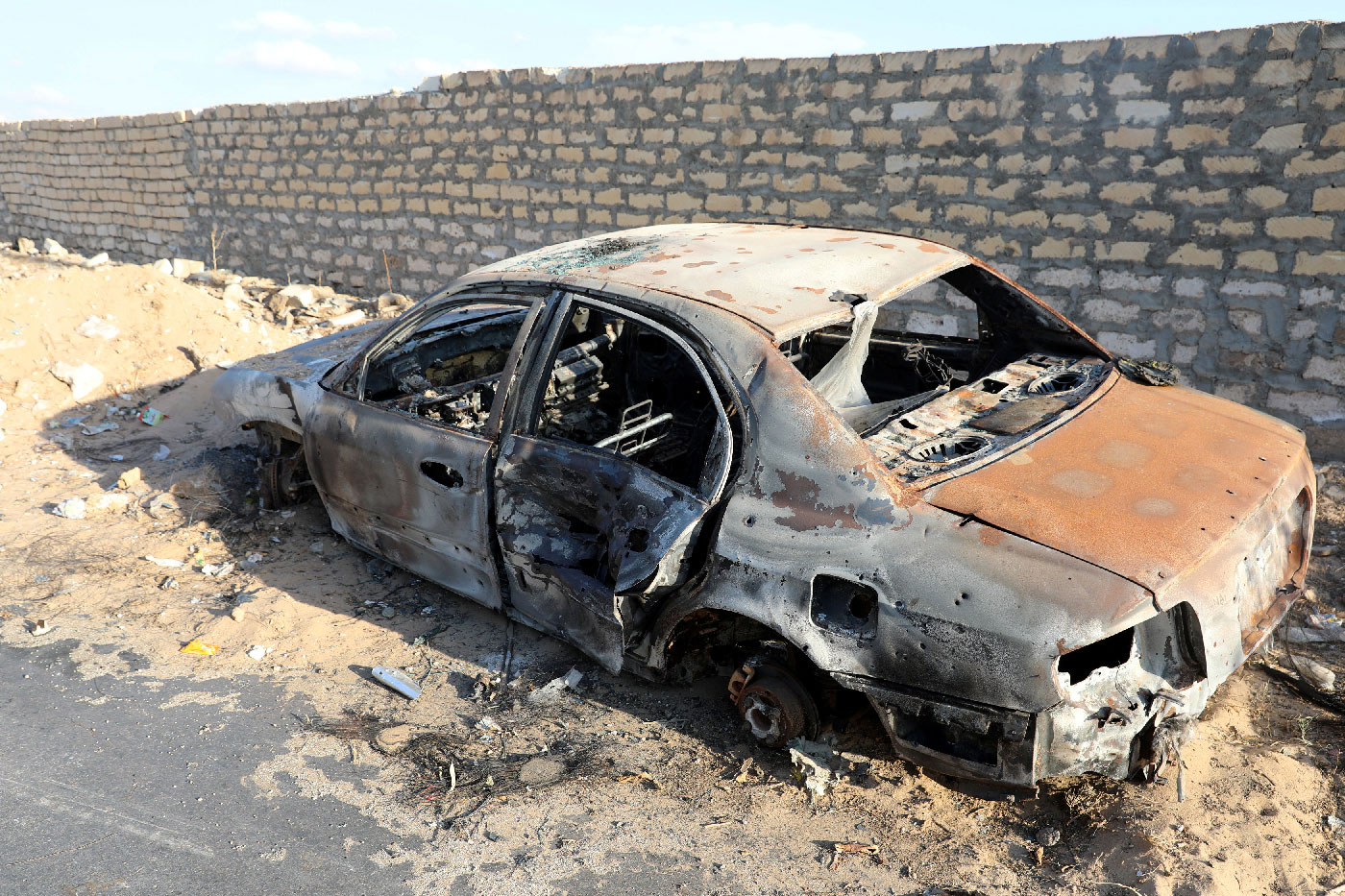Militia groups break UN-brokered truce in Libyan capital
TRIPOLI - Rival militias clashed in the Libyan capital Tripoli on Wednesday and at least two people were killed, medics said, splintering a four-month-old, UN-brokered ceasefire.
Armoured vehicles could be seen in southern Tripoli where militia groups had fought for a month until September, part of the widespread factional conflict plaguing Libya since the 2011 uprising that toppled Muammar Gaddafi.
A United Nations-engineered ceasefire agreed then had managed to hold for the most part until now.
But on Wednesday a militia known as the 7th Brigade, or Kaniyat, and a collection of factions called Tripoli Protection Force fell back into fighting in the same southern district.
"The clashes resulted in two killed and 17 wounded from both civilians and fighters," Tripoli health department official Malik Marsit said. Some casualties had not yet been accounted for due to lack of safe access to the area, he added.
The 7th Brigade and some allied groups triggered the August fighting in a bid to challenge the dominance of four "super militias", including the Tripoli Protection Force, in the streets of the capital.
The UN mission in Libya warned in a statement against any breach of the ceasefire deal. "Any party initiating a confrontation will be held fully responsible," it said.
"The United Nations Support Mission in Libya (UNSMIL) strongly condemns the recent military mobilisation of forces in southern Tripoli and is monitoring the situation closely," it said in a statement.
"UNSMIL warns parties against any breach of the ceasefire agreement concluded on 04 and 09 September 2018."
The internationally-recognised government in Tripoli, backed by the United Nations, has been working on a new security plan since the ceasefire deal but achieved little as Libya, long a major oil producer, lacks a national police force or army.
Fierce battles between militias from the capital and from other areas in the west of the country rocked Tripoli between the end of August and early September, leaving at least 117 dead and hundreds wounded.
But witnesses reported sporadic shooting and road closures on Wednesday after the Tripoli Protection Force warned on Facebook it would "repel an attack" by the Seventh Brigade after it failed to withdraw from the capital.
The Seventh Brigade, from the town of Tarhuna, has maintained its positions in Tripoli since the ceasefire agreement.
The UN said that "any party initiating a confrontation will be held fully responsible" and insisted it "will take action as necessary" to halt any violence.
Libya has been torn between rival administrations and a myriad of militias since the overthrow and killing of dictator Moamer Kadhafi in 2011.
The main armed groups in Tripoli say they are loyal to the internationally backed Government of National Accord (GNA), but officials have struggled to exert real control over the fighters.
The GNA announced security reforms in the wake of the bloodshed last year, aimed at curbing the power of militias in the capital.
A second administration in the east of Libya is backed by strongman Khalifa Haftar and his self-proclaimed Libyan National Army.
The UN is pushing for elections to help stabilise Libya, but chronic violence has delayed plans for a vote.



